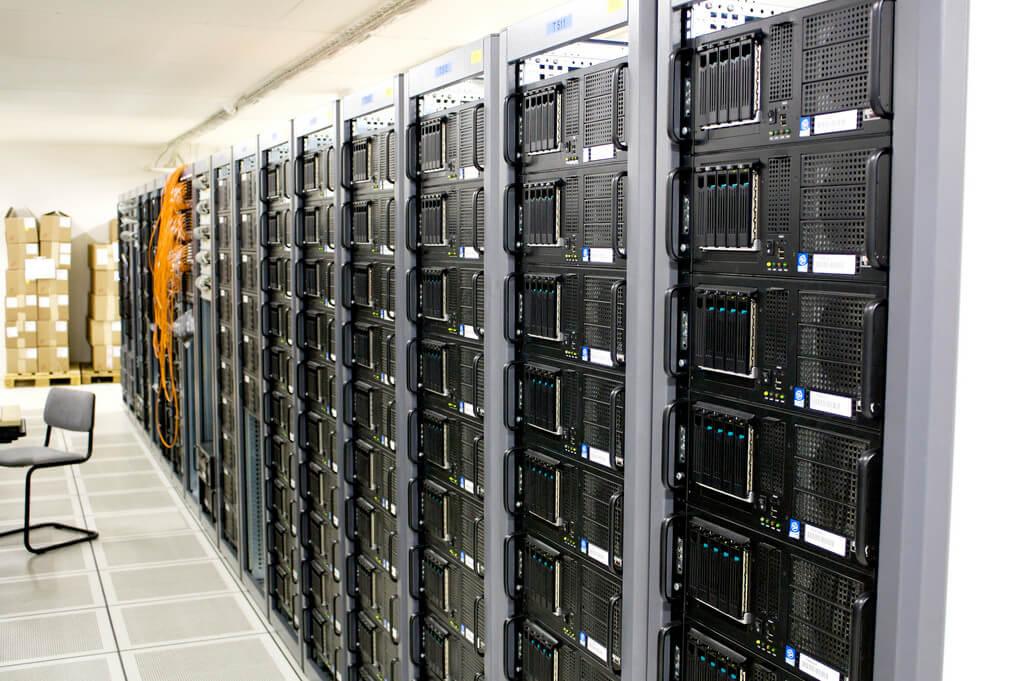Why Cloud Backups Aren't Enough

Having your data stored on a third-party cloud backup site is the trendy new option for digital companies. A cloud backup company promises security, reliability, and accessibility for your data. In most cases, a cloud backup will cover your needs as a business consumer. But trusting your information solely to a cloud backup system can be foolish for a few reasons I’ll discuss below.
But first, a brief reminder on what is the cloud? The cloud is an online backup service for your data. You might be familiar with Google Drive and Dropbox, which are low-capacity options for free data storage. Bigger companies exist which can store terabytes of data online, effectively backing up your data to a third-party site. But here’s the thing: every cloud service offered online is based on a physical location somewhere in the world. So your data is most likely saved on a hard drive farm somewhere, for example, like Texas.
Security
The hottest topic regarding cloud backup services is their digital security, and these companies haven’t gotten good press. In the last few years, there have been major security breaches into the online cloud. Here are a few examples:
2013: Target lost 70 million credit card numbers during the holiday season.
2014: an iCloud security breach led to the hacking of celebrity photos in an event called the Fappening.
2015: the healthcare provider, Anthem, had a cybersecurity breach which may have impacted 80 million customers.
Furthermore, hackers have stolen Hollywood movie productions and either held them for ransom or posted them online.
How do these hackers get into the vast databases? That’s a great question. Often times, employees at the company fall victim to a phishing attack, where a reputable looking email address asks them for sensitive password information. Other times, the sheer size of the database makes them a juicy target for a large-scale, long-term, brute-force attack. Poor security or hidden software vulnerabilities make them susceptible.
These digital cyber attacks are growing in popularity and make customers question the security of cloud backups. The safety and encryption level of these cloud companies leave important data open for theft. Of course, you can’t generalize bad security for every cloud backup company. But this issue is making third-party customers shy away from outsourcing their backups.
Reliability
When you give your business data to a third-party backup company, you have to trust them to do the automatic checks that are needed for a reliable backup. But when they have thousands of other business’s data in their hard drive collection, their efficiency and reliable might falter. This can come back to bite you when a lapse of responsibility hits your data.
They can forget to do reliability checks on the consistency of the hard drives. They might not keep documentation, or even keep their promise of keeping multiple versioned copies of your ever-changing data. Numerous things can go wrong regarding your data security. We know this because we specialize in data recovery, trying to recover data from those disastrous cases.
This segues into the next point: that by sharing your data with a cloud backup company, your data is effectively in someone else’s hands. This compromises your own position. In the event of a major malware attack, a catastrophic data loss, or a company bankruptcy, your data is effectively out of your control.
WiFi Necessity
When your backups are located in the cloud, you have to access them through a successful internet connection. This means that if you internet goes down, you won’t be able to access your cloud backup. This might leave you in the lurch compared to an on-site, off-line backup saved on a regular hard drive. Furthermore, a Cloud backup is much slower to re-boot onto your system compared to a directly connected hard drive. This loss of hours could mean critical gains compared to losses.
Conclusion
If you are only using a cloud backup service for your business’s data, you are making a potentially tragic mistake. Online cloud backup services aren’t perfect. They are prone to security breaches and aren’t accessible without an internet connection. Also, they are costly operations, particularly as your data capacity grows.
For a solid backup software, try Prosoft Engineering’s Data Backup. And have a dynamic, multi-faceted approach to backing up your data. You want to have daily backups stored on-site. This way if your system crashes, you can use the backup immediately, with minimal stoppage time. For weekly updates, consider transferring important information to a safe offsite location such as a safety deposit box. Here at Prosoft Engineering, we have a complete guide on how to backup your data. Check it out for more information.
About the Author
Jeremy S.
My name is Jeremy, and I write for Prosoft Engineering. I am passionate about hard drive disaster prevention and recovery. In my free time, I like to read classic literature and explore the Bay Area.